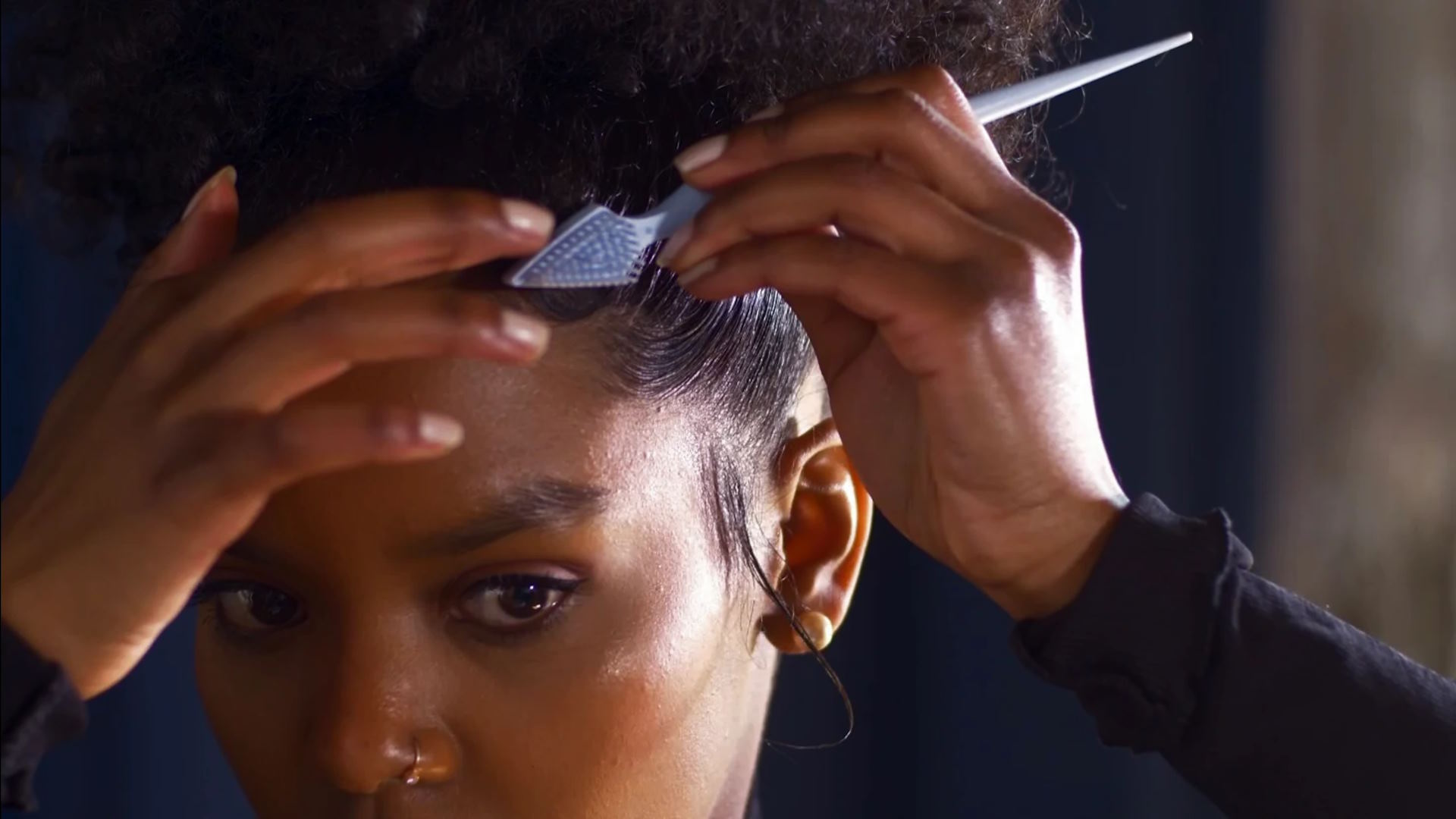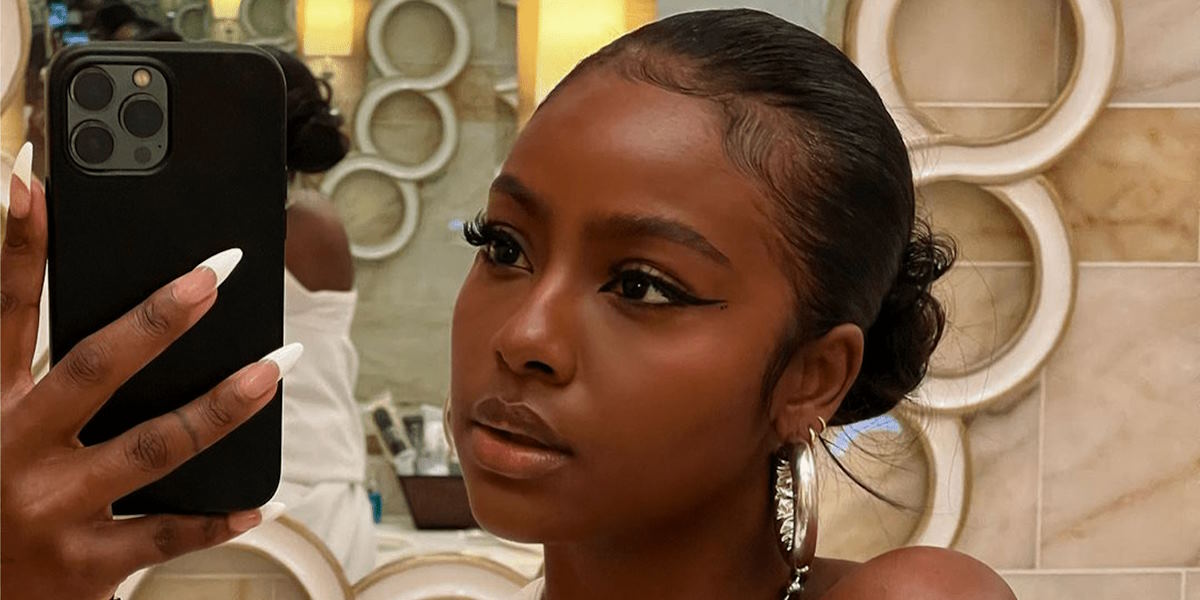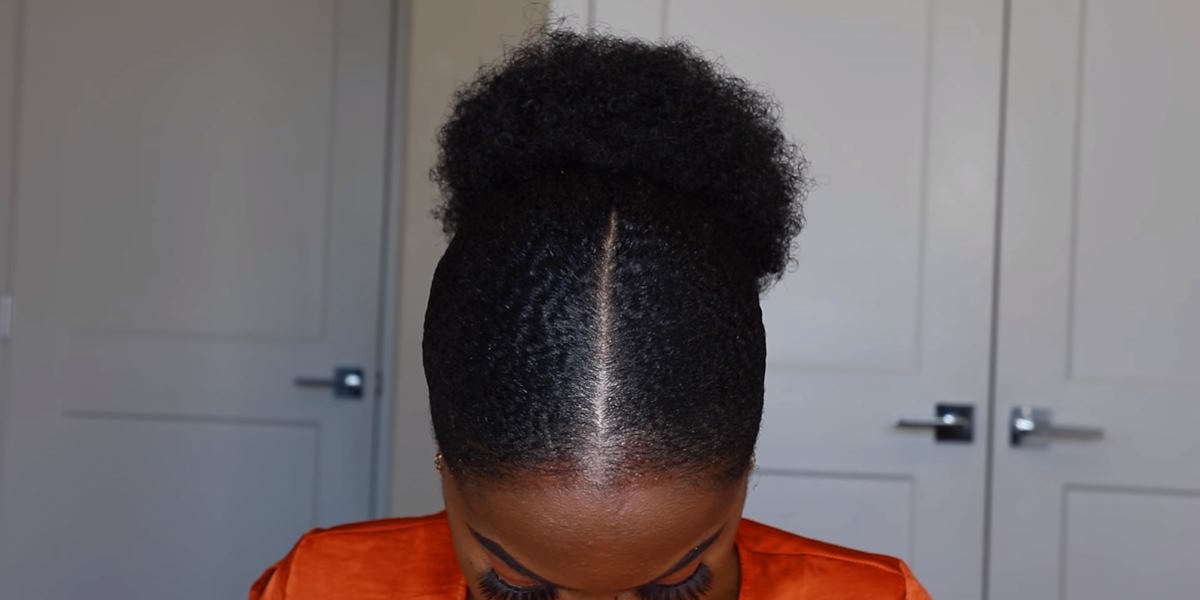
How to Slick Back Afro Hair Without Damaging It
Ever tried to figure out how to slick back Afro hair? Only to end up with a frizzy mess? It’s a bit like trying to smooth out a cloud—it can be challenging but totally worth the effort. If you’re looking for a way to get that sophisticated, slicked-back look without damaging your curls, you’re in the right place. We’ll explore some smart strategies and product recommendations to help you rock a sleek style while preserving the integrity of your gorgeous Afro.
Preparing Your Hair
Before diving into styling, it’s essential to prepare your hair properly. Think of this as prepping the canvas before painting a masterpiece. Here’s what you need to do:
- Cleansing: Start with a clean slate by washing your hair with a gentle shampoo. This removes any buildup and ensures that your hair is ready to absorb the styling products. Opt for a sulfate-free shampoo to avoid stripping your hair of its natural oils.
- Moisturizing: After washing, apply a good conditioner to hydrate your hair. Afro hair thrives on moisture, so using a conditioner rich in emollients will keep your curls soft and manageable. You might also consider a leave-in conditioner for added moisture and detangling.
- Detangling: Gently detangle your hair while it’s still damp using a wide-tooth comb or your fingers. This prevents breakage and makes styling easier. Think of detangling as smoothing out the kinks before you begin your artistic work.
Choosing the Right Products
Selecting the right products is crucial for a successful slicked-back look. Here’s how to choose wisely:
- Hair Gels vs. Pomades: Hair gels provide a firm hold but can sometimes cause flaking or dryness. Pomades, on the other hand, offer a softer hold and often contain moisturizing ingredients. For Afro hair, a pomade might be a better choice to avoid stiffness and maintain moisture.
- Avoiding Harmful Ingredients: Steer clear of products with alcohol and sulfates, as these can dry out your hair and lead to breakage. Instead, look for products with natural oils and conditioning agents that nourish your hair.
- Recommended Products: Some products specifically designed for Afro hair include shea butter-based gels or creamy pomades. These products help slick back your hair while providing hydration and reducing the risk of damage.
Styling Techniques
Now that your hair is prepped and you have your products ready, it’s time to style. Here’s how to do it:
- Using a Brush or Comb: Use a boar bristle brush or a wide-tooth comb to gently smooth your hair back. Start at the roots and work your way to the tips, applying gentle pressure to avoid tension that can lead to breakage.
- Applying Product: Take a small amount of your chosen product and evenly distribute it throughout your hair. Be cautious not to overload your hair with product, as this can weigh it down and cause buildup. Think of applying the product as spreading a thin, even layer of paint on a canvas.
- Setting the Style: To keep your slicked-back style in place, consider using a silk scarf or pillowcase while your hair dries. This helps reduce friction and prevents frizz. It’s like putting a protective cover over your masterpiece to keep it pristine.
Tips for Maintaining Hair Health
Maintaining the health of your Afro hair is key, even while rocking a slicked-back look. Here’s how:
- Avoiding Overuse: Don’t use styling products every day, as this can lead to buildup and dryness. Give your hair breaks between styling sessions to breathe and recover.
- Regular Deep Conditioning: Incorporate deep conditioning treatments into your routine to keep your hair hydrated and strong. A deep conditioner is like a spa day for your hair, providing it with essential nutrients and moisture.
- Protective Hairstyles: Consider wearing protective styles, like braids or twists, when you’re not styling your hair. These styles help shield your hair from environmental damage and reduce the need for constant manipulation.
Troubleshooting Common Issues
Even with the best intentions, you might run into some common issues. Here’s how to tackle them:
- Product Buildup: If you notice buildup, use a clarifying shampoo once a week to remove excess product. This helps keep your hair clean and prevents residue from dulling your style.
- Dryness or Flakiness: If your hair feels dry or flaky, it might be a sign of overuse or harsh products. Switch to a moisturizing product and ensure you’re conditioning regularly.
- Breakage: Prevent breakage by avoiding excessive heat and harsh brushing. If you notice more breakage than usual, give your hair a break from styling and focus on strengthening treatments.



